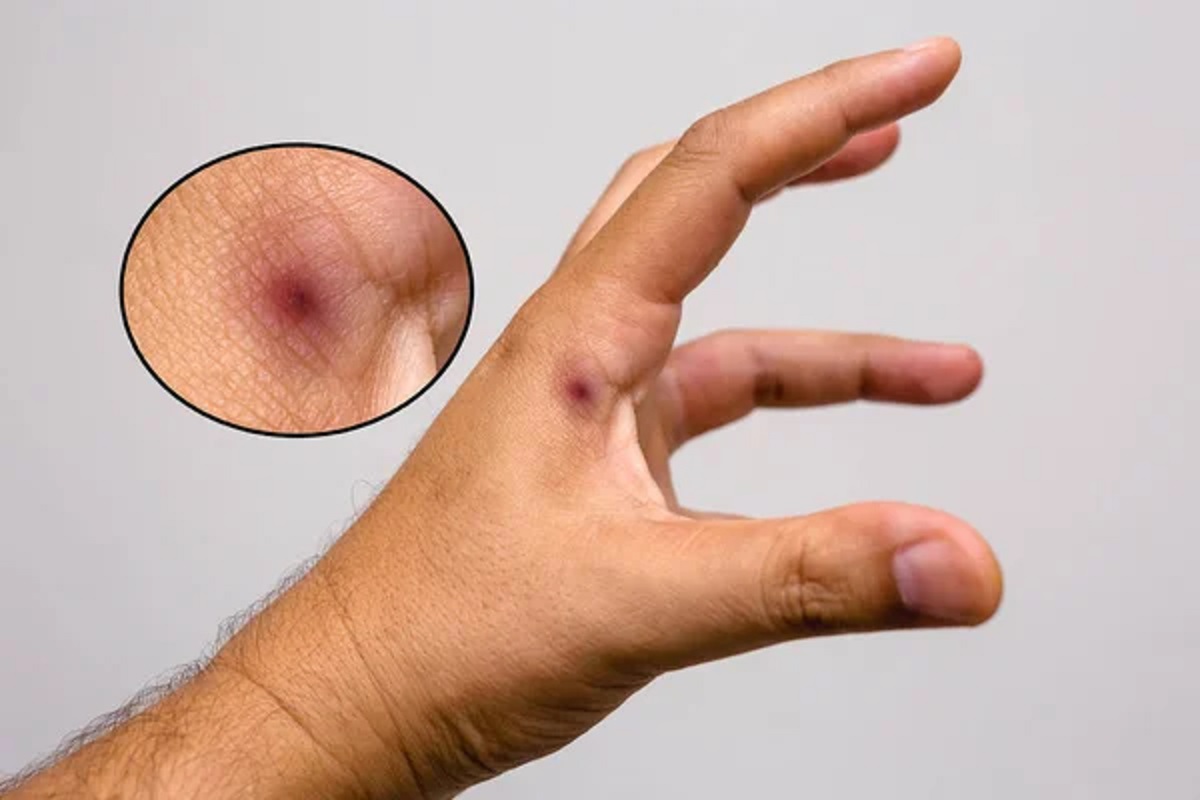Wroclaw / Poland 4/19/2022
A year ago, the media reacted with outrage to information about the worldwide collection of personal data. Such ideas have been called conspiracy theories, and their creators have been called tin hats. The same applied to those who denied an unfounded classification as “infected” based on the test.
In connection with the tactic of distracting attention from the plandemic by escalating the war, the media worldwide also refrain from criticizing the “aluminium hat wearer” and adopt its texts themselves. We don’t have the slightest chance of hearing the true news from the war or to read, but more and more truth appears in the media when it comes to swamp. This is what Covid was called on social media to circumvent the censorship algorithms of Facebook, YouTube or other private companies.
This trend fits well with the BBC article on chips: The microchip implants that let you pay with your hand.
When it comes to implantable payment chips, British-Polish firm, Walletmor, says that last year it became the first company to offer them for sale. “The implant can be used to pay for a drink on the beach in Rio, a coffee in New York, a haircut in Paris – or at your local grocery store,” says founder and chief executive Wojtek Paprota. “It can be used wherever contactless payments are accepted.”
Walletmor’s chip, which weighs less than a gram and is little bigger than a grain of rice, is comprised of a tiny microchip and an antenna encased in a biopolymer – a naturally sourced material, similar to plastic.
Mr Paprota adds that it is entirely safe, has regulatory approval, works immediately after being implanted, and will stay firmly in place. It also does not require a battery, or other power source. The firm says it has now sold more than 500 of the chips.
For many of us, the idea of having such a chip implanted in our body is an appalling one, but a 2021 survey of more than 4,000 people across the UK and the European Union found that 51% would consider it.
So, we already have a list of undoubted advantages. What about the negative effects of such an invention? Ah right! Negative things are a thing of the past. We have absolutely good, harmless and effective genetic and experimental vaccinations, we are forbidden to mention the effectiveness of amantadine, ivermectin and several others in the media and by medical associations banned to fight the plandemic. Where do such bans come from? Well, because the promoter will only support the right solution to Covid, i.e. vaccines, will not support any competing products. Business is business, and that someone there dies, goes blind, or becomes disabled for the rest of his life? There are only three million such unfortunate people in the world. Who cares when billions of dollars in profits are at stake?
The chip is a digital identifier that you can use to easily track when a specific person has traveled a route – when they pass appropriate scanners, e.g. in a shop or at a gas station.
It cannot be ruled out that other technologies will be used in the future – for example an energy source and an active transmitter. Then near-field scanners would no longer be necessary. It is technically feasible today.
Such chips would “only” be an extension of the “Internet of Things”. So it expresses what the elite are planning. In this way people are also “turned into things”. Each payment chip is also a unique digital identifier. A database of personal information is linked to this unique number, not just access to the bank.
Of course, the creators have taken care of the security of this data. After all, it is impossible that in a few years anyone could buy a chip with the data of the US president or the first secretary of respectable China on the market. Because this technology is as secure as unauthorized access to politicians’ emails.
Well, the most advanced technology in cryptology has to be broken sooner or later. It used to be done by special services equipped with expensive supercomputers, but later market people will find it too. Although who knows? The creativity of hackers when cracking access codes is really enormous. I already see hundreds of applications that will easily read the data of anyone who can bring a cellphone near them. Nice fun, isn’t it?

Author of the article: Marek Wojcik
